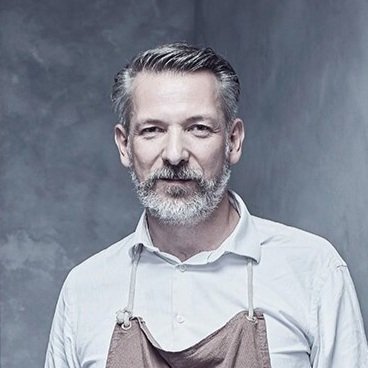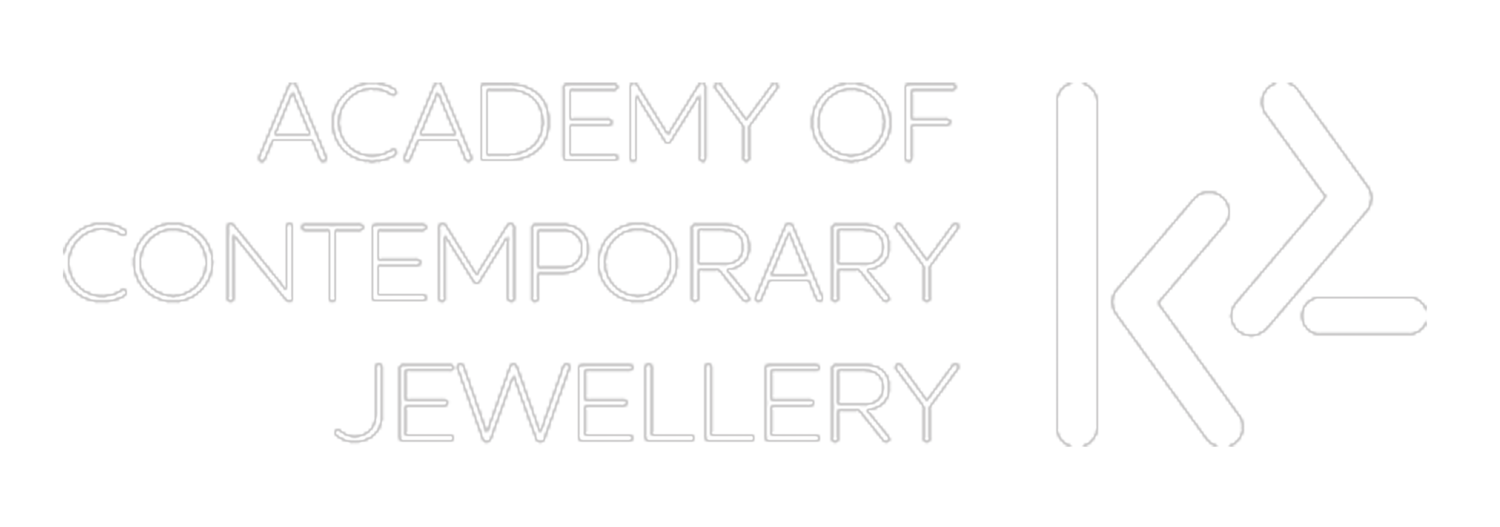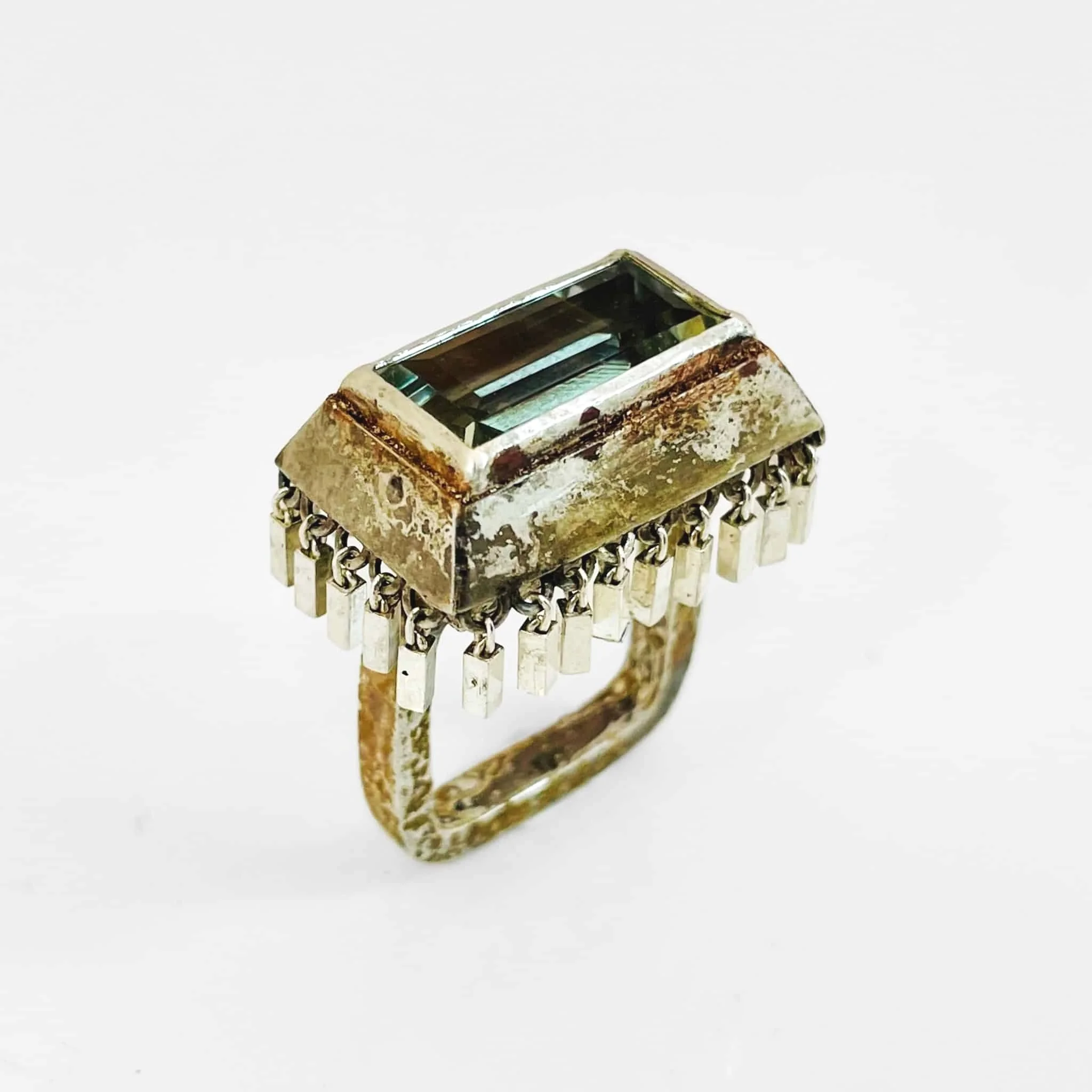
Level 4 Advanced Certificate in Art and Design (Jewellery)
This SQA-Accredited Qualification offers an ideal pathway for intermediate students seeking to enhance their jewellery making, design, and research skills, providing a solid foundation for launching their creative careers.
We are currently interviewing students for Diploma courses starting September 2025. Contact us via email info@k2jewelleryacademy.london to enquire and book an interview or fill in the contact form at the bottom of this page.
-
Level
Intermediate
-
Duration
1 Year / 2 Years
-
Study Mode
Full-time / Part-time
-
Start
September 2025
Experimentation. Creative freedom. Pushing the boundaries.
Those principles are the hallmarks of our jewellery programs. This course combines a conceptual approach to jewellery design and making with professional technical training, laying the groundwork for a head start in your creative career.
Students work
Date and Time
The classes take place 10am - 4pm.
Part-time Option
2 days per week for 2 years (72 weeks)
Mon & Wed or Tues & Thur
Sept 2025 - July 2027
Full-time Option
4 days per week for 1 year (36 weeks)
Mon - Thur
Sept 2025 - July 2026
Tuition Fees
Option 1- Part-time £8,520 per year (£17,040 in total)*
Option 2- Full-time £17,040 per year
Instalment plans are available - see Diploma Programme Guide for details.
All tools and course materials are included in the price, but students may need to buy extra metals and stones.
-
Our courses are not eligible for Student Finance England loans. However, you may be eligible for funding from one of the organisations and charities listed here.
Some of our students received bursaries from The Benevolent Society in the past (contact Laura Banner, laura.b.banner@gmail.com). The charity helps individuals starting or progressing their career journeys through bursaries to help with their studies.
-
Enrolment is now open for the Diploma Courses starting in September 2025.
The Enrolment Process
1.Booking an interview
Candidates must contact us via email at info@k2jewelleryacademy.london to schedule an interview, either in person at our academy or via Zoom. The interview will be an informal conversation with K2 directors and course leaders, Kelvin Birk and Katrin Spranger.
2.Completing a questionnaire
Before the interview, candidates will receive a questionnaire to complete, detailing their prior experience and interests.
3.Attending an interview
The interview, conducted either at our Central London academy or via Zoom, is an opportunity for us to learn more about the candidate, assess their suitability for the course, and answer any questions they may have. It also allows candidates to share their expectations for the programme. You will be asked to bring a sketchbook and some examples of your work to the interview, if available.
4.Application outcome
After the interview, candidates should inform us of their decision regarding enrolment as soon as they have made it. Kelvin and Katrin will be conducting interviews until April*. By mid-April, they will contact all students who have confirmed their interest in joining the course to notify them of the outcome of their application.
5.Payment
Payment options, including instalment plans, will be discussed with candidates who accept our offer. A relevant invoice will be issued, and payments will be required via bank transfer.
*Depending on availability we may be able to accept students who apply between May till August. However, with only 8 spots available per class, we recommend applying as soon as possible, end of March the latest.
Note: At the moment we do not hold a visa sponsorship licence, so we are not able to accept foreign students who require a student visa to stay in the UK.
-
TERM I – Autumn Term
1st half: 15 September - 23 October 2025
Half Term Holiday: 27 October - 2 November 2025
2nd half: 3 November - 11 December 2025
Christmas Holidays: 12 December 2025 - 4 January 2026
TERM II – Spring Term
1st half: 5 January - 12 February 2026
Half Term Holiday: 16 - 22 February 2026
2nd half: 23 February - 2 April 2026
Easter Holidays: 6 - 19 April 2026
TERM III – Summer Term
1st half: 20 April - 21 May 2026
Half Term Holiday: 25 - 31 May 2026
2nd half: 1 June 2026 - 16 July 2026
About the Program
Jewellery making is a dynamic blend of creativity and craftsmanship. In our program, you'll explore every aspect of this art form, from conceptual design to making, while working on different jewellery projects and assignments. You will develop practical skills, forming a strong foundation for your creative career.
Ideal for intermediate students seeking to advance, our Level 4 Diploma offers personalised guidance to align with your career goals. In a cosy workshop environment limited to a maximum of eight students, learners engage in a multifaceted educational experience. They benefit from technical demonstrations, hands-on production, design exercises, drawing sessions, contextual assignments, presentations, introduction to professional practice and business development, class critiques and insights from visiting professionals and lecturers. Additionally, they gain valuable exposure to the jewellery industry, providing rich opportunities for practical learning and professional growth.
Upon graduation, students will have produced their jewellery portfolio, which can be part of a graduate school or residency application, can be submitted to galleries and fairs, or serve as a demonstration of students’ skills for entry into the jewellery industry.
The Core Principles of Our Teaching:
MATERIALS, TECHNIQUES & PROCESSES
DRAWING AND EXPERIMENTAL DEVELOPMENT
HISTORICAL & CONTEXTUAL UNDERSTANDING
IDEAS & CONCEPTS
VISUAL COMMUNICATION
Course Leaders
-

Katrin Spranger
K2 ACADEMY CO-FOUNDER AND CO-DIRECTOR
Katrin Spranger, an award-winning German-trained jewellery artist with a Master's degree from Sweden's Konstfack University, creates conceptual art pieces commenting on consumerism, exploring future resource scarcity. Her interdisciplinary approach spans jewellery, painting, performance, sculpture, and installation, showcased in exhibitions worldwide.
-

Kelvin Birk
K2 ACADEMY CO-FOUNDER AND CO-DIRECTOR
Master jeweller trained in Germany, holds a Master's degree from the Sir John Cass Faculty of Art in London. Renowned for his avant-garde creations in silver, gold, and crushed gemstones, challenging conventional perceptions of value. His work embraces chaos, allowing materials to dictate outcomes. He exhibits globally and teaches workshops internationally.
Course outline
The course spans two years, divided into six terms (or three terms over one year for full-time students). Each term features a distinct module focusing on specific techniques and thematic research. Alongside, participants engage in drawing sessions, contextual studies, and explore topics including metallurgy, hall marking, design methodologies, marketing, professional practice, and business development. Term modules encompass a variety of topics, such as:
-
developing different types of chains
advanced soldering of links
lockets and clasps
experimenting with different connections in jewellery
sketching, drawing and experimenting with visual language
developing research skills; exploring the history of arts and crafts
-
experiment and work with non-metal e.g. wood, plastics, fabric, leather etc.
fixings and findings for jewellery
cold connections - riveting, glueing, trapping
design development
experimental projects, including time-based projects and non precious materials
-
working with fine gold wire
advanced soldering
granulation
repairing jewellery
earrings and fine findings
working with pre-made components
-
claw setting
setting a princess or baguette cut ston
different surface finishes - patination, oxidation, enamelling and powder coating.
drawing and contextual studies
-
learning advanced jewellery techniques e.g. lockets and hollow containers with hinges
making a hollow ring
constructed jewellery pieces
advanced soldering
exhibition preparation and set-up
analysing and evaluating methods
electroforming jewellery and small objects
-
deepening your skills in sand and cuttlefish casting
advanced wax carving
mould making for casting techniques
introduction into investment casting
-
developing your own design brief and project
developing a portfolio
Contextual awareness, problem solving and critical thinking are an integral part of the course and will run parallel to the other projects.
In addition to regular classes, your learning journey will be enhanced through homework assignments and extracurricular activities. These may include guest lectures and field trips to industry-related companies, offering valuable insights and practical experiences beyond the workshop.
You are encouraged to participate in an exhibition at the end of the course.
This diploma course is accredited by SQA (Scottish Qualifications Authority).
“I was drawn to K2 because of its small classes and contemporary teaching style. Kelvin and Katrin always encouraged to push our boundaries, experiment and try new things; they frequently brought new incites and ideas to pieces with the knowledge from their vast experience”
Aimee Mackay, Level 4 Diploma graduate
We are currently interviewing students for Diploma courses starting September 2025. Contact us via email info@k2jewelleryacademy.london to enquire and book an interview or fill in the contact form at the bottom of this page.








